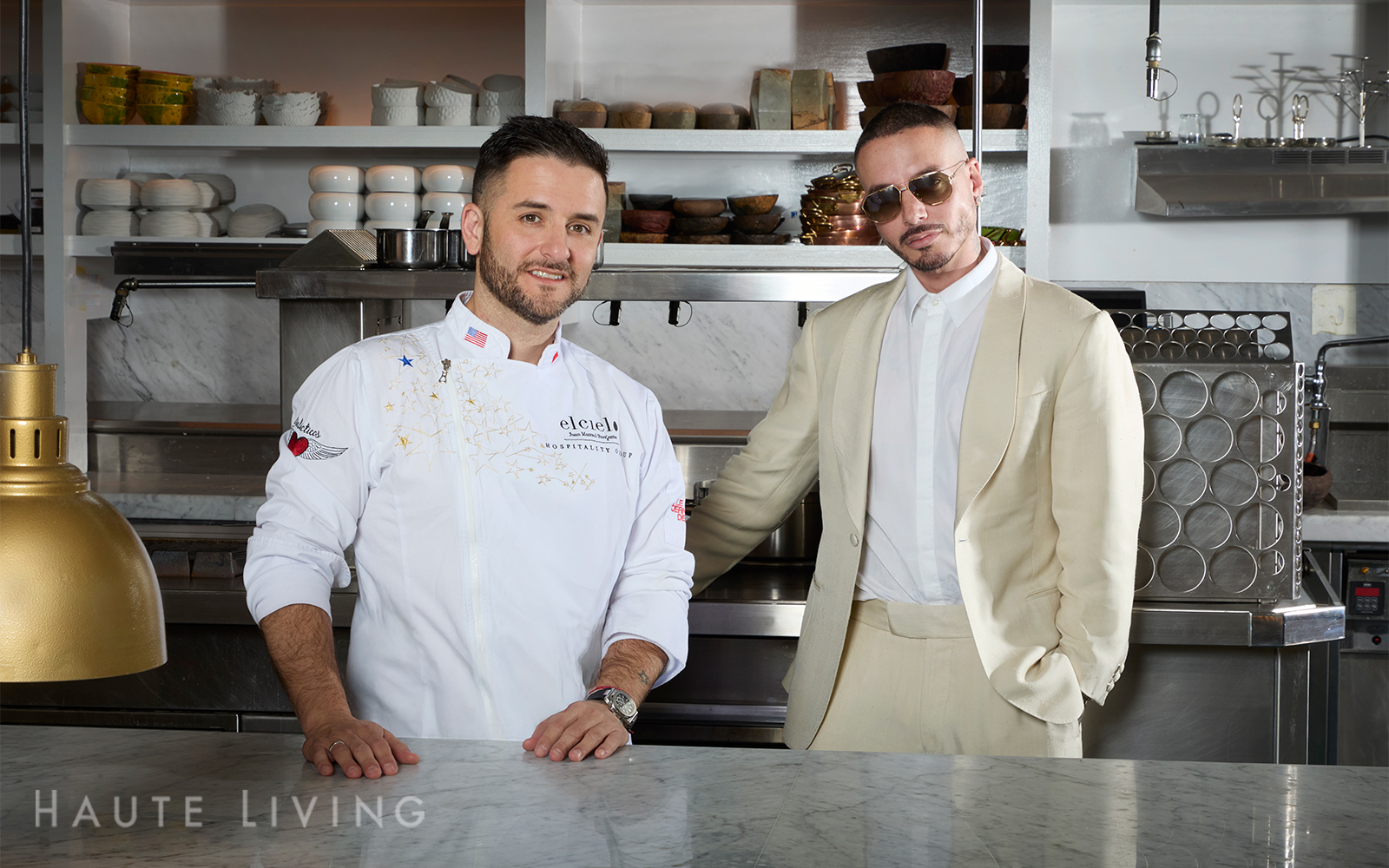Revolutionizing ABA Therapy: An Inside Look At Play-Based, Community-Centric Approach At SOS Therapy Centers
 Applied Behavior Analysis (ABA) therapy has been a game-changer for children with autism. Its methodologies, which use positive reinforcement to enhance a wide range of skills, have provided hope for many families on the autism journey.
Applied Behavior Analysis (ABA) therapy has been a game-changer for children with autism. Its methodologies, which use positive reinforcement to enhance a wide range of skills, have provided hope for many families on the autism journey.
However, while ABA therapy has been transformative, there’s always scope for innovation in the pursuit of holistic development. Recognizing the potential of a new therapy model in the ABA sector, one young mother and entrepreneur with a keen understanding of this landscape established an innovative approach that synergizes structured learning with the joys of play and community involvement.
Success On The Spectrum (SOS), the brainchild of Nichole Daher and the first and only U.S. ABA therapy franchise, has demonstrated an unshakeable commitment to (re)shape the contours of this sector. Frustrated by the sector’s shortcomings in her quest to find an adequate ABA center for her stepdaughter, she decided to establish a more holistic model.
“The center my daughter previously attended wasn’t known for its transparency. As parents, we had no clue as to what was happening behind closed doors, and I wasn’t too happy with my daughter’s progress either,” Daher shares. “I wanted to create an environment where children could not just learn but thrive. Also, I wanted to make sure their families had a chance to flourish together with them.”
As Daher highlights, the importance of play in a child’s learning and development cannot be overstated, with numerous studies confirming its hugely positive effects. That’s why games and playing are embedded in the very fabric of SOS’ teaching methods.
Here, a child might learn about the color blue not from a textbook but from a hands-on experience, like splashing in azure pools of paint or observing different shades of fish during an aquarium visit. “This immersive approach makes learning fun, relatable, and, most importantly, memorable.”
The field trips that SOS organizes, including outings to zoos, aquariums, as well as amusement parks, have multiple benefits.
As Daher points out, parents with children who are on the spectrum tend to understandably worry about taking them to louder, more lively environments such as playgrounds, shopping malls, museums, or zoos. These places are often too overwhelming for children with autism due to their potential to cause distress due to sensory overload.
But by gradually exposing children to such vibrant environments, the SOS team can reduce such distress and allow their young students to experience the world in a way they otherwise might not be able to.
Yet, SOS’ efforts don’t stop at the invaluable help they provide to their students. Parents play an equally important role in the centers’ teaching model, with a significant emphasis placed on transparency. In fact, as Daher reveals, each room at SOS centers is equipped with cameras, and parents are allowed to observe each session in real-time.
This not only gives them a sense of comfort – the reassurance their bundles of joy are in good hands – but also an opportunity to learn the methods used and replicate them at home, ensuring they can reclaim the joys of parenthood.
“Our goal is not just to help children grow and thrive but to let families know they’re not alone,” Daher shares.
That said, SOS has gone a step further and outside of their center premises regarding this kind of support. The franchise has also initiated a unique “community outreach” program featuring countless exciting and sensory-friendly events—such as Autism Prom—that encourage social inclusion for families affected by autism, reduce the stigma, and promote acceptance while simultaneously organizing fun activities for kids and their parents.
“Every child should be able to enjoy activities like this without the fear of being judged or rejected,” Daher says. “I love these events because we make many wonderful memories with our students and their families.”
With centers like SOS leading the way, the future of ABA therapy is certainly poised for a bright future. Owing to their emphasis on a compassionate learning journey filled with joy, the autism care landscape is headed toward a future where it’s not just effective but also empowering and enriching.
As Daher says, “We are not just practitioners, but partners in progress. Our goal is not just to intervene, but to inspire.”
Written in partnership with Emily Schultz












